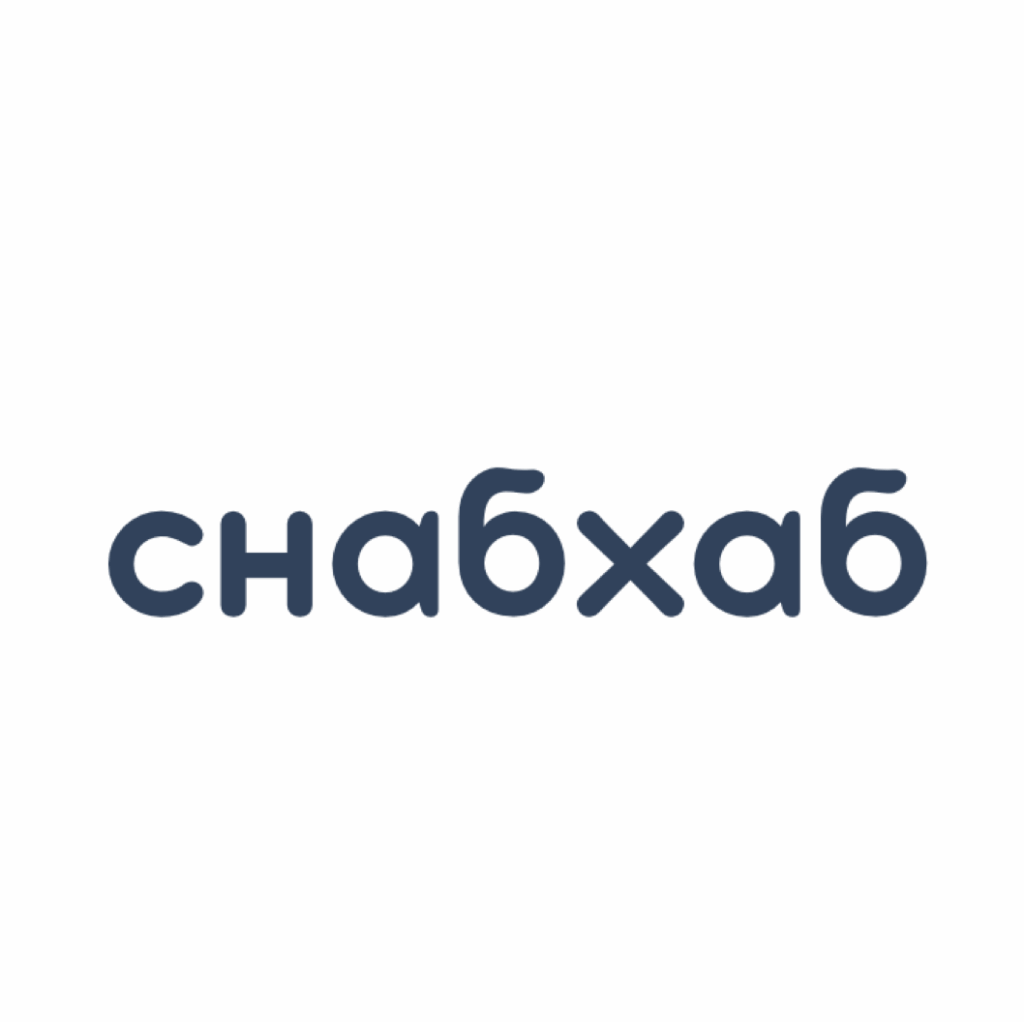How many times in your life is a person given a chance to change the world and get rich? I am talking about those turning points in the economy when new vectors of development appear and as a result not only a paradigm shift, but also a change of faces in the rankings of the richest people in the world. This article is not only about blockchain technology, bitcoin and distributed ledger (it is important to understand that these are not the same thing), but also about what changes this leads us to in our daily lives. Despite a certain “hype” in the market, there are few people who understood in practice how it turned out that the geek toy became the locomotive of the development of the digital economy and is keenly discussed by national governments, development institutions, large international corporations and leading financial analysts. Indeed, just recently, punishment for transactions with digital currencies and the issue of money surrogates was seriously discussed in a number of countries. So what has changed?
On Monday morning, I drove up to the specified address and office building in the center of Moscow.
– Good afternoon, I’m going to see Olin.
– Yes, 6th floor, you are expected, – the guard kindly replied and pointed to the elevator.
An interesting office center, I thought, I had never heard of it before, although the lower floors, for example, are occupied by several well-known Russian and international corporations. After climbing to the 5th floor, another floor above on foot, the secretary at the reception greets me and asks me to wait with a slightly confused look. He offers coffee, while actively trying to get through somewhere. I’m drinking coffee, waiting. Twenty minutes later, three people enter the room, violently discussing something, gesticulating, using some completely incomprehensible terms and abbreviations in conversation, arguing for five minutes and going somewhere deep into the office.
–Come in,” Anastasia, the secretary, suddenly turned to me.
Yes, during this time I have already found out what her name is.
Along the corridor, we passed a dozen doors. When I entered the office, I saw a fairly young man violently convincing the interlocutor on the other end of the line in English. Of the unusual objects in the office, I noticed two miner’s helmets with flashlights on the windowsill.
– Good morning, nice to meet you. I am Alexey. Sorry to keep you waiting. What are we going to talk about? ALEKSEY OLIN, co–founder of DAO.Finance, entrepreneur, public figure, founder of the iVenturer Foundation, Executive Director of the RusNauka Foundation, began the conversation in a friendly and businesslike manner.
– The Internet says that at various times you were engaged in development, real estate transactions, the restaurant business, were on a number of expert councils and commissions under the Government of the Russian Federation, EAEC, IRI, engaged in investments and popularization of innovations and technologies, managed the RusNauka and iVenturer Foundation, some publications write that you are the owner of one of the racing teams. Tell me, how did you get into the world of blockchain, cryptocurrencies, distributed registries, ICOs and other fashionable things?
– It all starts with this question. Everything you have listed is correct. We have been working with innovative products for a long time – I’ll try to explain. In 2012, I founded the iVenturer Foundation, a foundation that faced a very non–trivial task – to support and commercialize innovative technologies, startups, initiatives, SMEs, and market new products and services. To do this, we gathered one of Russia’s largest expert communities, which included representatives of Russian and international corporations, government departments, agencies and relevant departments, launched Russia’s first Investment Venture Show, conducted a number of acceleration and other educational programs, and participated in a number of exhibitions and forums. Russia’s first crowdinvesting platform was launched – and this was when, when entering the word “crowdinvesting” into the Yandex search bar, the browser did not understand what was wanted from it. Unfortunately, due to a number of reasons (legal, economic, geopolitical and others), crowdinvesting as a tool did not find widespread demand among users and it was decided to temporarily freeze it. Now, with our knowledge and best practices, we are thinking of restarting the project.
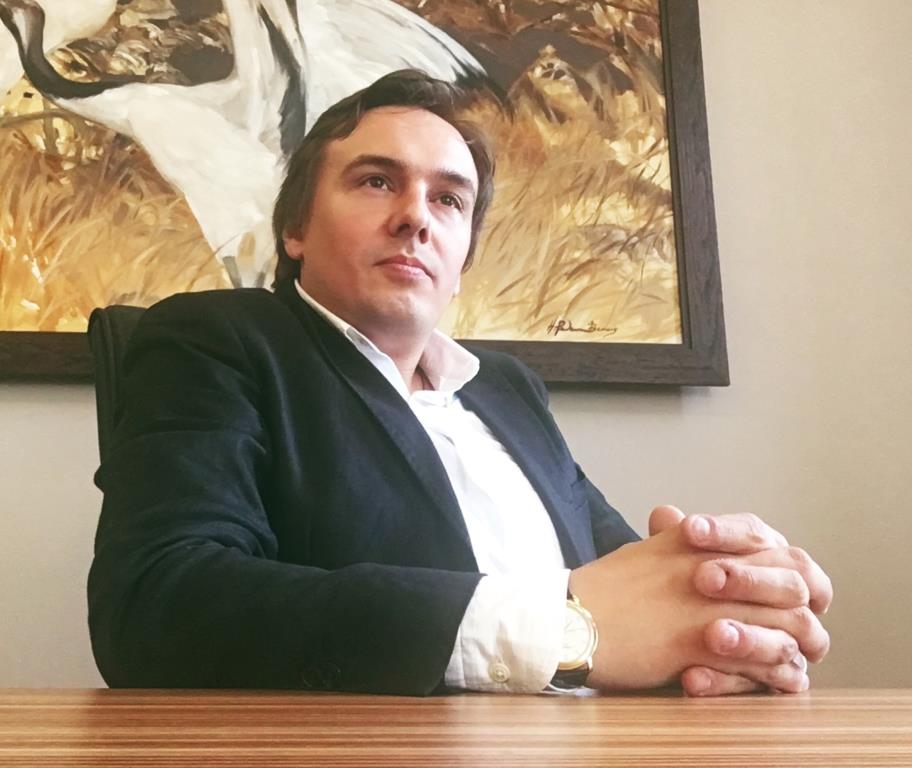
Alexey Olin
During this time, we have gained enough experience, competence, expertise and today we are one of the few who understand what is happening in the market today, what it all leads us to and how to make money from it. For us, blockchain is an opportunity to reformat the international economic system.
– For our readers who are not quite in the subject of the question. What is blockchain?
– I’ll tell you like a textbook. Blockchain is the brainchild of a brilliant and still unidentified author, known under the pseudonym Satoshi Nakamoto. In a 2008 publication, he defined his invention as “digital, fully peer-to-peer cash.” In order for bitcoin to work like cash, the system must correctly transfer digital coins (i.e. not send them to the wrong wallet) and prevent double spending. To realize Nakamoto’s dream of a decentralized payment system, these goals had to be achieved without resorting to a trusted third party, which in traditional finance are banks. We have been interested in this story since May 22, 2010 – the day of a truly historic, first purchase for bitcoins. On this day, a BitcoinTalk forum user decided to order two pizzas and found a person willing to sell them for 10 thousand bitcoins. At the time of the transaction, this amount corresponded to about $25, while today such a number of bitcoins is worth at least $ 24,000,000. The date of the transaction (May 22) has since been celebrated in the bitcoin community as an annual holiday.
One of the sites monitoring the bitcoin exchange rate even cites the “pizza course” in its statistics – you can always find out how much Laszlo’s failure is estimated today.
– I don’t quite understand how it works.
– Like most people. A number of incidents are connected with this, one of my favorites is about Bloomberg journalist Matt Miller, who did his part of the program “12 days with bitcoin”, for which he needed to show a paper analogue of a bitcoin wallet on the air. Without thinking twice, he printed out a QR code associated with his own private address in front of everyone. One of the viewers did not lose his head and immediately scanned the code, as a result of which he instantly became $20 richer, and Miller and other popularizers of the digital currency received a good lesson that day.
– What, in your opinion, has changed since 2010?
– That’s it. During this time, blockchain and all its derivatives have been actively developing and finding application in more and more new areas, such as transactions with goods and raw materials, data management, digital identity, authentication and confirmation of access rights, energy, electronic voting, organization of private and public administration, the Internet of Things, finding new adherents, followers, enthusiasts and support for all new major players. Today, despite the rather dynamic development, the technology itself and its market are still only being formed and are at about the same stage as the Internet was in the second half of the last century. Nevertheless, new solutions and tools are emerging every day, and many visionaries and analysts have already dubbed it the “new Internet”. And what is in practice? Exchanges and financial instruments are located in the gray sector, mainly in certain jurisdictions that have experienced the topic before others and are working to integrate blockchain technology into their activities and are going to or have already legalized turnover and transactions in cryptocurrencies. In Europe, thousands of cryptocurrency ATMs are planned to be installed in the coming years, companies open accounts and settle with each other in cryptocurrency, advanced countries create cryptodolines, thereby providing conditions for the work and development of innovative projects on the blockchain. To date, the number of so-called cryptocurrencies is approaching, and according to some reports has already exceeded the 1000 mark. Nevertheless, there are generally established top leaders, among which: Bitcoin, Etherium classic, Etherium, Ripple, Litecoin, Dash and others. These are mainly those with a capitalization of more than $1 billion. If many people used to read that it is almost impossible to displace bitcoin on the cryptocurrency Olympus, then this year Etherium seems to prove the opposite and, according to many experts, may even overtake Bitcoin at some point. Users’ trust in bitcoin is greater than in other cryptocurrencies, it is a kind of pioneer, a conditional “reserve” currency through which transactions and conversions are often carried out, which to some extent guarantees its liquidity. The peculiarity of cryptocurrencies is that each of them has a unique or not so business model. Personally, I am sure that changing the top three is only a matter of time.
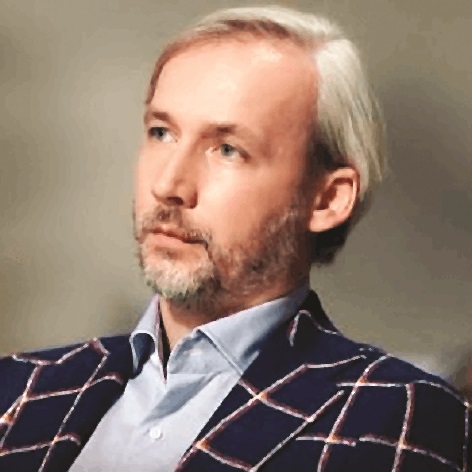
“Today’s blockchain market leaders – Bitcoin and Ethereum – are sometimes not suitable for use in the real sector of the economy. They are ideal for storing valuable, but rarely changing data, but the real sector of the economy is characterized by a completely different rhythm of work – thousands of transactions per second, each transaction has its own currency, its own rules for processing the contract. And here the existing technologies give up – in the bitcoin blockchain, the business logic is extremely limited to wallets and balances on them, and Ethereum smart contracts operate with an extremely limited set of metadata. And most importantly, both blockchains cannot cope with the simple task of linking a fixed amount to a smart contract in the currency needed by the business – euros, dollars or rubles.
We are convinced that the industrial blockchain – fast, secure and efficient – holds the future, and we are pleased to develop the Universa blockchain as an open source project that is responsive to the requests of the developer community and customers from among the largest companies in the country.”
Alexander Borodich,
founder of Universa Blockchain.
– Each coin is not only a name or a scope of application. Each new coin is most often backed by technology, or it can be operated under certain conditions, which creates additional products and solutions, so derivatives based on various blockchains have become another growth driver for the market, for example, Etherium allows you to create smart contracts based on it and issue your own derivatives, tokens based on their protocol.
All stock exchange investors know the abbreviation of IPO – Initial Public Offering, initial public offering of shares. With an IPO, buyers of shares become co–owners of the company, and the company receives money from sales – sometimes huge, exceeding its annual profits. To bring a project to an IPO, it is necessary to go a long way, including regulators, consulting agencies, etc., so not everyone can do this. Unlike ICO, where everything is much simpler.
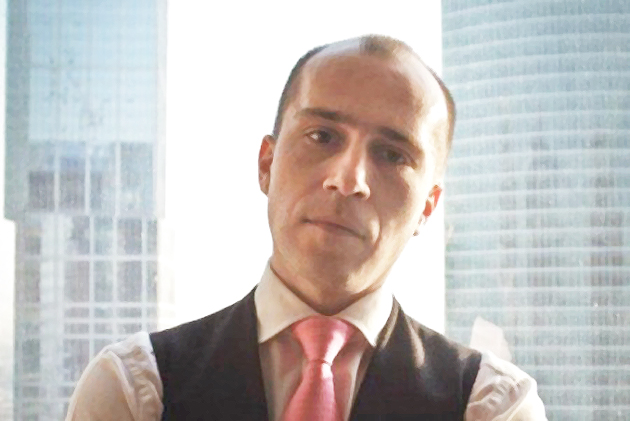
“In the future, I consider the main trends to be the entry of representatives of large businesses in the Russian Federation into this business, it is their participation in the ICO that will give a real start to the industry in the Russian Federation, by analogy with Draper in the USA. I see another trend in the use of cryptocurrencies as a kind of “white knight”, especially in complex resource markets, which is why a number of projects in the world for gold mining, for example, in South Africa, quartz in Brazil and similar resources are seriously exploring their opportunities to attract investments in cryptocurrencies.”
Pavel Vrublevsky,
founder and ex-CEO of ChronoPay.
– Any company or project can issue its own token, specify the conditions for its implementation or use in the Whitepaper and put it up for sale. In recent weeks, this tool has been setting collection records over and over again. Companies collect tens and sometimes hundreds of millions of dollars during the first day of sales. Particularly successful tokens subsequently end up on exchanges and are traded on a par with other digital assets. A company from any area can be an issuer of tokens.
– What kind of distribution do cryptocurrencies have today and who is using them now?
– The question is not as simple as it seems. The number of users who have chosen cryptocurrencies for savings, speculation or other purposes is measured in tens of millions of people, there are also many user groups. Bitcoin has gone from a geek toy and a means of settlement between large syndicates to a tool widely used everywhere, from online stores and restaurants to derivatives in the financial sector.
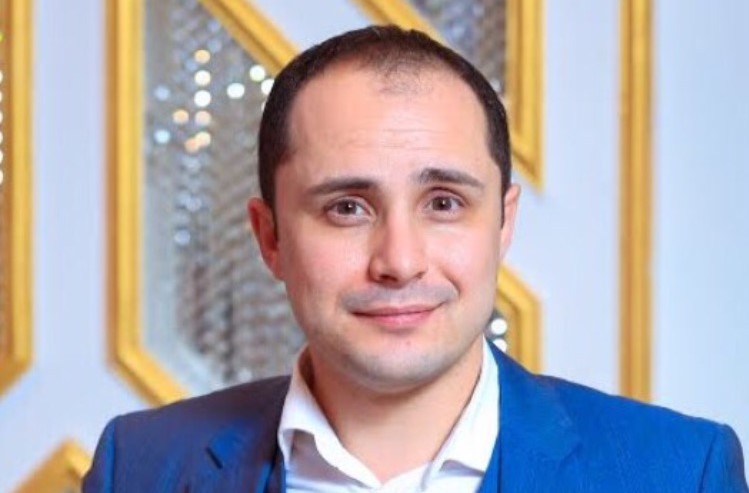
“We are currently working on a unique educational program that will shed light on more issues in the field of blockchain and cryptocurrencies. It is unique in that it will be conducted by people with real experience in building a business in this area. The program will be launched in autumn 2017 at Plekhanov Russian University of Economics. Together with the educational program, we started working with entrepreneurial projects based on the principles of decentralization. Currently, we are working on business and financial models of projects, some of which will raise funds using ICOs, and some of them have already aroused the interest of venture investors. If advanced scientific and educational centers are already engaged in a new trend, then it is difficult to doubt the sustainability of the development of the crypto economy.”
Ruslan Mamedov,
Director of the Plekhanov Russian University of Economics business Incubator.
– If something prevented bitcoin and other cryptocurrencies from developing earlier as an everyday tool, it was the moment of its withdrawal, exchange for “fiat money”. And then a “gray” market appears: huge amounts of cash are moving around Moscow and bitcoins are being bought in cafes and on thematic forums, while demand clearly exceeds supply. The lack of regulation and uniform standards of safety and provision of services in this area have become a fertile ground for all sorts of accidental mistakes and deliberate frauds.
– Why haven’t they been involved in market regulation before?
– Firstly, there were points that needed to be clarified. The government’s position was ambiguous, so many market participants operated in the “gray” zone, not particularly advertising their activities. Many thought that the technology would face opposition from the authorities. Everything changed quickly just a couple of months ago, at the SPIEF, where several significant events took place at once. Igor Shuvalov, said: “Vladimir Vladimirovich has fallen ill with the digital economy.” Putin also held a meeting with Vitalik Buterin there, saying afterwards: “As for the digital economy, without the digital economy we will not be able to move to the next technological order, and without this transition to a new technological order, the Russian economy, and therefore the country, has no future. Therefore, this is the number one task in the field of economics that we must solve.” And now German Gref is talking about blockchain solutions that they are already testing at Sberbank, Rosreestr promises to introduce the technology this fall, commissions and working groups are being urgently formed in all echelons of government, and it seems that this locomotive cannot be stopped. Up to this point, corporations and major players did not enter the market, as this was a certain risk for them.
– What is being done today to protect market participants?
– Security begins with regulation and the development of common standards of business conduct. But the work must be carried out not only from above, but also from below. To do this, a number of major players are currently implementing the idea of the National Association of the Blockchain Industry, which in addition to us has already included a number of agencies, companies and state corporations that together plan to protect the interests of market participants and contribute to its development.
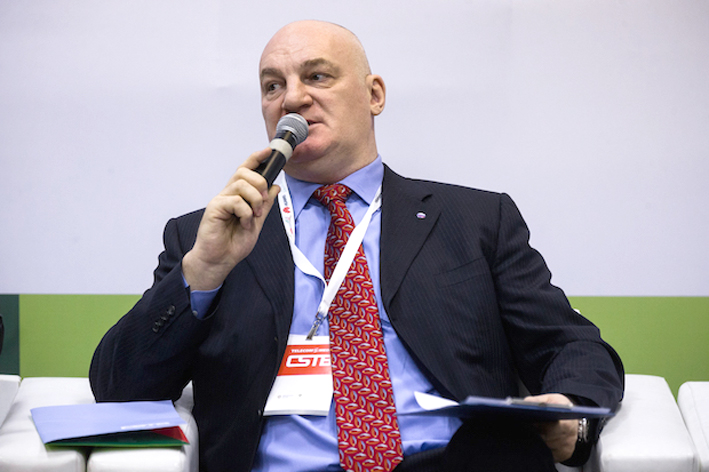
“RACIB is an association based on voluntary membership and created to represent and protect common, including professional, interests, with the goals of coordinating their business activities, representing and protecting common property interests. Our goal is to develop the blockchain industry in Russia, coordinate the entrepreneurial activities of the association’s members, represent and protect their common property interests, as well as develop and implement a set of coordinated measures related to the promotion of blockchain distributed ledger technology and services related to it in the Russian Federation and abroad.”
Yuri Pripachkin, President
The Association of Cable
Television of Russia (ACTR).
– Are there any differences between traditional currency exchanges, securities exchanges and exchanges trading digital assets? How do you think regulation will be implemented?
– The basic principles of the exchanges are about the same as on classical exchanges, although some have their own characteristics, small differences. But as you can probably guess, it’s these details that often make the weather. Any regulations, prohibitions and restrictions must be introduced carefully, so as not to harm the young industry. One wrong move and the new market may be forced to go underground again. In my opinion, it is very important here that the interests in the relevant working groups under the government and commissions are represented by a professional association, which any company wishing to work with digital assets and use blockchain technology in its business processes can join. Few people today understand what blockchain is and one of its main offspring is bitcoin and how to operate with it not online. Despite the transparency and simplicity of the system, not everyone can work with it. This is due not only to the features of the system, but also to the moment when assets are transferred from offline to online and back.
We are working on it. A number of solutions will appear in the near future. We are actively communicating with major market players and we know that by the end of the year, several hundred ATM terminals are planned to be installed in major Russian cities, where it will be possible to quickly and conveniently replenish your wallet or withdraw cash, exchange crypto and use it like a regular VISA/Mastercard, as it happens in Europe and some US states, Singapore, Switzerland and other countries.
– Why have you never mentioned mining, mining of digital currencies?
– And why? Everything is more or less clear here: there are blocks, they have complexity, there is computing power, there is an exchange rate for fiat money. The process is clear and predictable. I have to upset amateur miners that in August-October they will have to reconsider their business model, many will give up their “hobby”, because their capacities will not be enough for normal operation in the system. Already in mid–July, the correction for ETH will begin, followed by BTC and, as a result, all small coins. I assume a drop of 30-50%. This will be caused by a number of reasons, Segwit2x and SEC, withdrawal of funds raised on ICO, panic sell, upgrade of Metropolis. Many market participants have yet to hear all these words and find out what it all is.
For example, Dmitry Marinichev recently demonstrated a chip that works 35 times more efficiently than the computing power available today. With the arrival of big players and as the encryption algorithm becomes more complex, they will simply be forced out of the market.
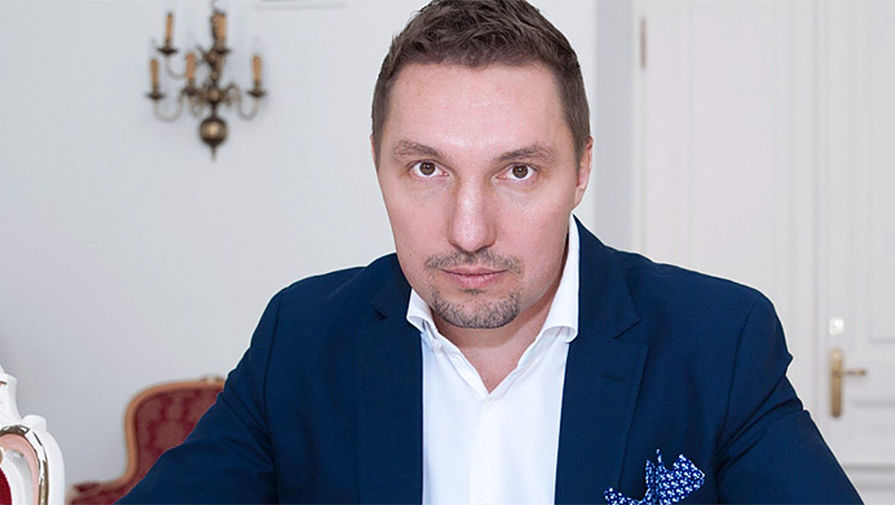
“This is a unique development from Soviet times – a mathematically modeled multicellular chip, it is completely different from the usual architecture and is suitable for maintaining the blockchain. Based on this microprocessor, we are creating a universal miner to support any blockchain, and not for mining cryptocurrencies as such. Although it can compete with the usual miners on video cards.
The chip will not be available to consumers for at least 10 months. We are interested in people buying it.”
Dmitry Marinichev,
Internet Ombudsman of the Russian Federation.
– In general, many factors indicate that there will be a serious correction. Personally, I see this as a good opportunity to buy everything you need. The old school is to buy while everything is being sold.
– What gives you such confidence in the future of bitcoin and blockchain technology. What to expect in the coming years?
– First of all, understanding how it works. I repeat, today we are one of the few who understand what is happening in the market. Today, our group of companies is almost the only holding company in Russia with sufficient competencies, experience in developing and implementing innovative solutions, expertise, working with investors and managing digital assets. We not only understand where the market is heading and what technology will give us in the coming years, but also why everything will be exactly the way it is. I could have encouraged readers and bragged that in the past month alone we have earned more than 30% for our clients, but the topic is so large-scale that it would simply be pointless to reduce it to stock speculation. Therefore, I would prefer to give you more information so that you can imagine the scale and potential of what is happening. One of my partners and dear childhood friend likes to repeat the story about how he did not have time to invest in Apple securities at the time, and laments that if he had not doubted then, this deal would have brought him billions.
Many people call Blockchain the new Internet. Do you often wonder what http, www, smtp and hundreds of other protocols are that all Internet users use every day, or rather your browser or email client uses them, and you don’t even notice it?
Such global changes as are taking place now happen once every few decades. It is today that the very protocols, solutions and technologies that we will use in the coming years, and maybe decades, are being created. So imagine that investing in digital assets today is like investing in “Internet stocks” in the eighties and nineties of the last century. Many blockchains are based on such protocols. Not all of them will take root, but those that will be accepted as a standard will allow investors to earn billions without exaggeration.
So, going back to the story about my friend: Don’t miss out on the unique opportunities in your life. The event is too big and significant not to participate in the formation of a new economic order. It’s not just about business and money, it’s an opportunity to really change the world.
Source


